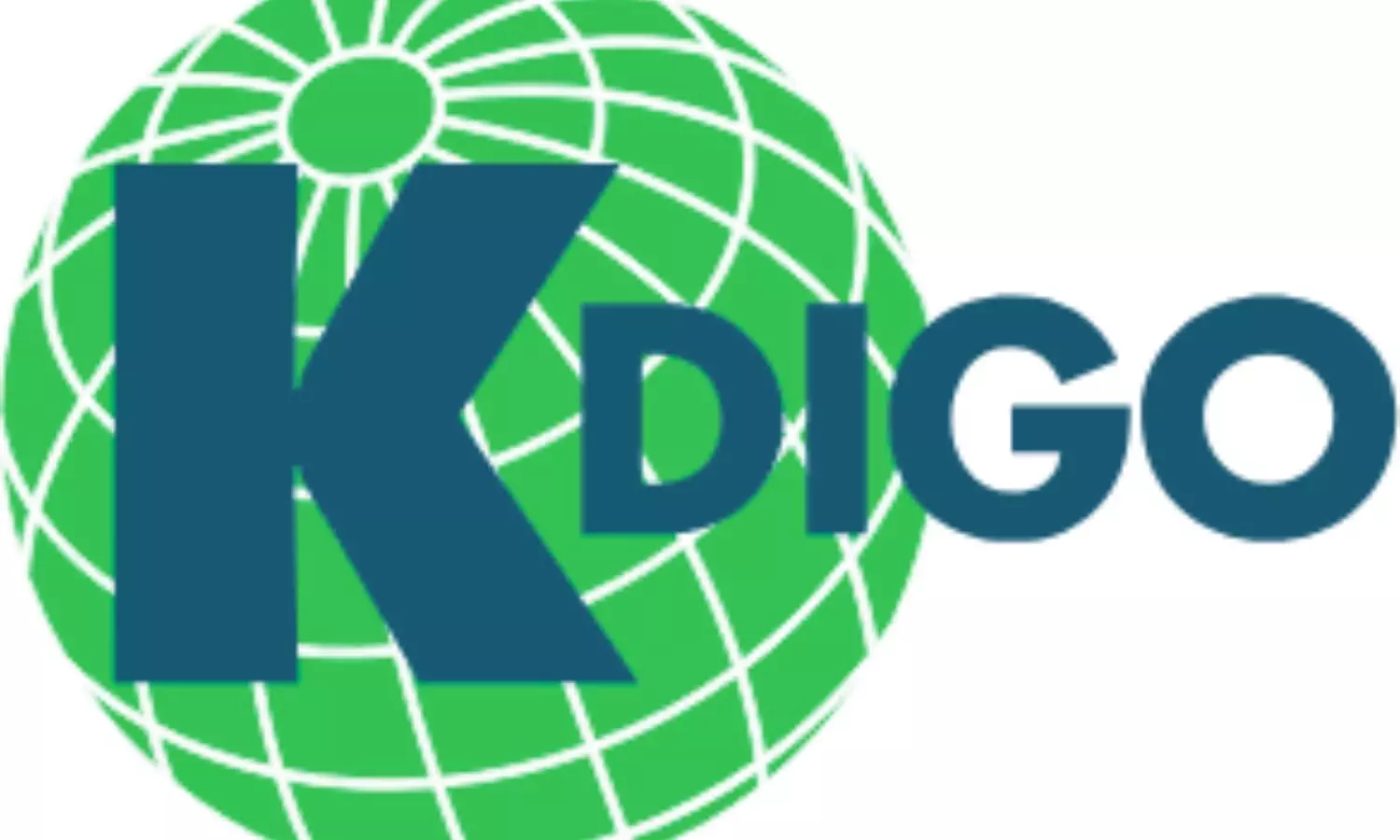KDIGO 2024 Guideline for ANCA Vasculitis management aims to improve care

USA: An article published in Kidney International reports a new guideline from Kidney Disease: Improving Global Outcomes (KDIGO) that provides updated recommendations on the management of antineutrophilic cytoplasmic antibody (ANCA)–-associated vasculitis (AAV).
The updated guideline addresses key recent developments, the recent regulatory approval of the C5a receptor inhibitor avacopan as an add-on therapy to the standard of care.
The recommendation offers guidance on avacopan use as an alternative to glucocorticoids, while also addressing new evidence on using lower doses of corticosteroids. Further recommendations address therapies, including plasma exchange for use in patients with advanced kidney disease.
“The ANCA Vasculitis Guideline includes significant updates aimed at enhancing clinical decision-making, integrating new treatments with established clinical practices,” Co-chair Jurgen Floege, MD, senior professor in the Division of Nephrology and Immunology at the University of Aachen, Aachen, Germany, said, in a press statement.
“We anticipate that the comprehensive research, clinical perspectives, and collaborative expertise reflected in this guideline will contribute to better outcomes for individuals grappling with this complex condition,” he said.
Co-chair Brad Rovin, MD, the Lee A. Hebert Professor of Nephrology at The Ohio State University Wexner Medical Center, Columbus, Ohio, added that “we are excited to release the KDIGO 2024 ANCA Vasculitis Guideline, which offers new guidance for managing the intricacies of ANCA vasculitis treatment, particularly with the emergence of innovative therapies.”
In 2021, KDIGO published Clinical Practice Guidelines for Glomerular Diseases that summarized recommendations for 11 diseases based on all available evidence through June 2020. The new recommendations are based on the latest evidence from randomized controlled trials, published since July 2022.
Recommendations are based on a systematic review of the evidence and are graded for the strength of the recommendation and the certainty of the evidence. Practice points were issued when there had not been a systematic review. The practice points were ungraded, consensus-based statements representing the judgement of the KDIGO Work Group.
The following are the key takeaways from the guideline:
- According to the executive summary, the most important update relates to induction therapy, with a recommendation for a more rapid reduction of the glucocorticoid dose when used in combination with cyclophosphamide or rituximab in the initial treatment of new-onset AAV.
- Further evidence shows greater recovery of low glomerular filtration rate (GFR) with avacopan compared with glucocorticoid therapy.
- The guideline notes that data show patients most likely to benefit from avacopan are those with an increased risk for glucocorticoid toxicity.
- The guideline recommends against the routine use of plasma exchange for patients presenting with a GFR < 50 mL/min/1.73 m2, but it can be considered in patients with more severe presentations, or with alveolar haemorrhage and hypoxemia, who have high mortality rates.
- Plasma exchange is recommended for patients with concomitant anti–glomerular basement membrane disease.
- Plasma exchange is not required for the therapy of diffuse alveolar haemorrhage in the absence of hypoxemia.
- The guideline also has no new clinical recommendations for AAV patients who have relapsing or refractory disease or who have had kidney transplantation.
- No major changes have been made in recommendations regarding diagnosis and assessment of the prognosis of AAV or regarding maintenance therapy.
Randomized controlled trials were prioritized as the primary source of evidence. “In the development of these guidelines, no scoping exercise with patients, limited searches of the qualitative literature, or formal qualitative evidence synthesis examining patient priorities and experiences were undertaken,” the authors noted.
“While resources were considered in developing the recommendations, “formal economic evaluations were not undertaken for all topics.”
Reference:
Kidney Disease: Improving Global Outcomes (KDIGO) ANCA Vasculitis Work Group. KDIGO 2024 Clinical Practice Guideline for the Management of Antineutrophil Cytoplasmic Antibody (ANCA)–Associated Vasculitis. Kidney Int. 2024;105(3S):S71–S116.
